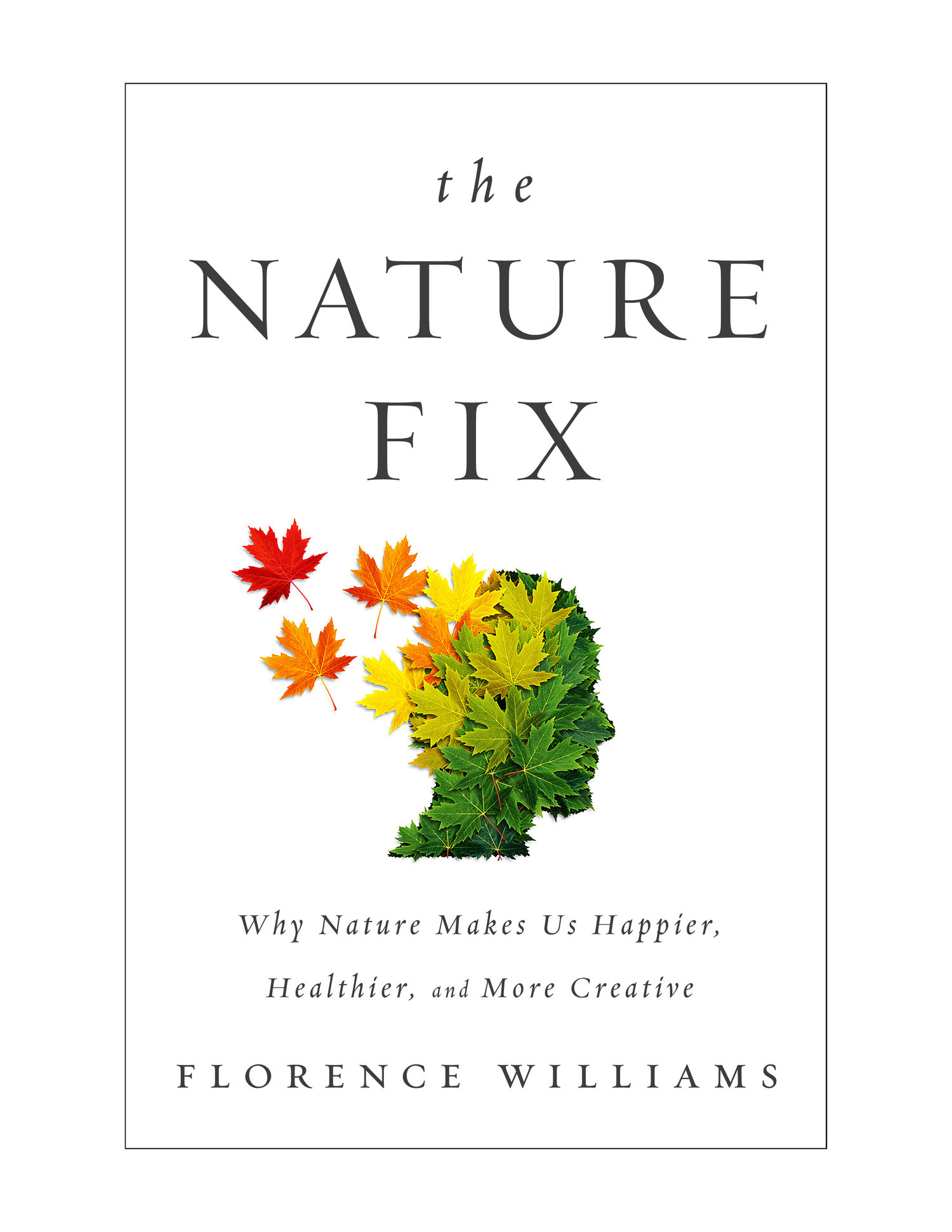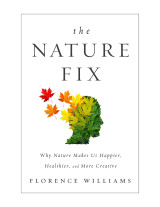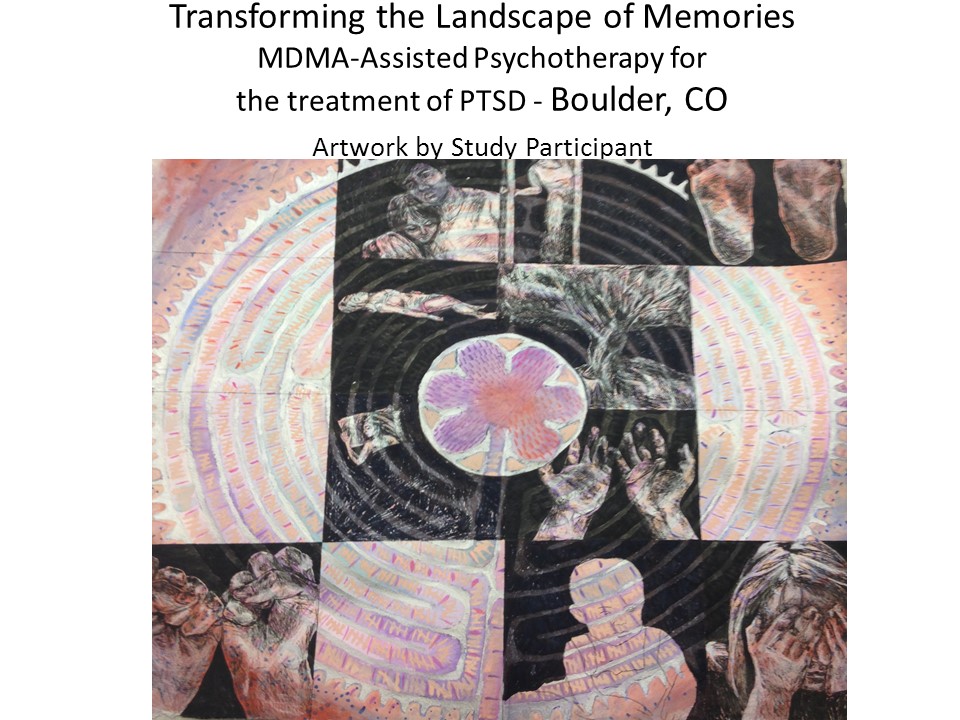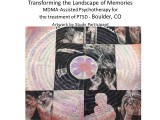 Your Brain on Music (start time: 6:18): Most people love music, whether it’s opera music, jazz, rock-n-roll, gospel, nursery rhymes or another genre. Whether you’re a trained professional or someone who just likes to sing in the shower or listen to your favorite playlists, you’ve likely felt the power of music in shaping your thoughts, feelings and behavior. But how?
Your Brain on Music (start time: 6:18): Most people love music, whether it’s opera music, jazz, rock-n-roll, gospel, nursery rhymes or another genre. Whether you’re a trained professional or someone who just likes to sing in the shower or listen to your favorite playlists, you’ve likely felt the power of music in shaping your thoughts, feelings and behavior. But how?
Many scientists have been researching how music affects the human brain, and how music can help treat many neurological and other disorders. Today, host Susan Moran interviews Indre Viskontas, a cognitive neuroscientist and associate professor of psychology at the University of San Francisco. She’s also a classically trained opera singer and a director. Her 2019 book is How Music Can Make You Better. And Dr. Viskontas also directs communications for the Sound Health Network, an initiative that promotes research and public awareness of the impact of music on health and well-being. She also hosts a podcast called Inquiring Minds.
Host, Producer: Susan Moran
Engineer: Shannon Young
Executive Producer: Beth Bennett
Listen to the show here:
Podcast: Play in new window | Download (Duration: 26:11 — 59.9MB)
Subscribe: RSS







 Your Brain on Nature (start time: 5:49): You may think it’s a no-brainer: that nature is good for your mental and physical health. After all, a walk in the woods or even an urban park brightens your outlook on life, at least for a little while. Turns out, the notion that being outside in nature boosts our mood, and even our creativity, has historical roots at least as deep as
Your Brain on Nature (start time: 5:49): You may think it’s a no-brainer: that nature is good for your mental and physical health. After all, a walk in the woods or even an urban park brightens your outlook on life, at least for a little while. Turns out, the notion that being outside in nature boosts our mood, and even our creativity, has historical roots at least as deep as 
